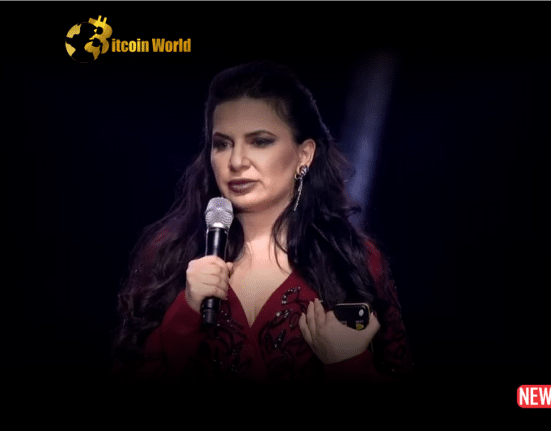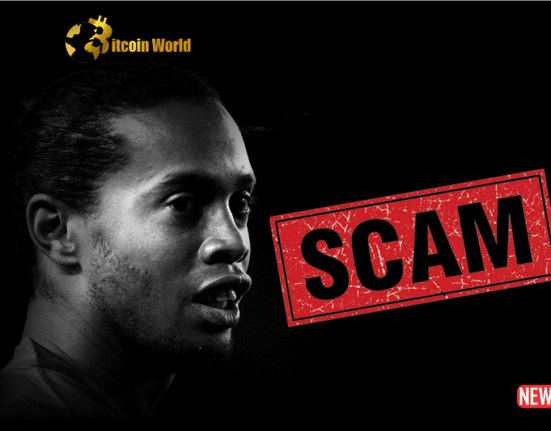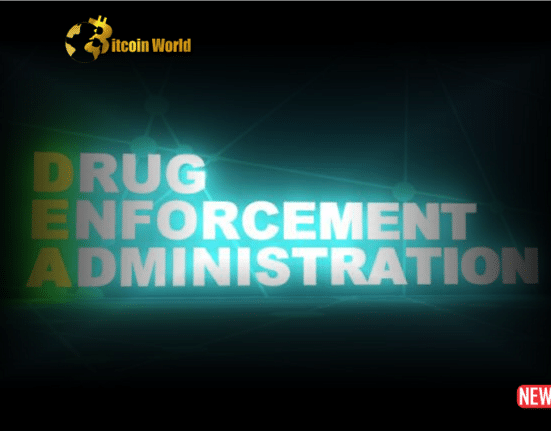The United States Narcotics Enforcement Administration (DEA), the agency in charge of policing the country’s narcotics laws, lost $55,000 in seized Tether 1.00 to a scammer earlier this year.
According to Forbes, the government seized over $500,000 in USDT in May from two Binance accounts it accused of laundering money from narcotics transactions as part of a multi-year investigation.
According to a search warrant obtained by Forbes, the monies were placed in DEA-controlled Trezor crypto wallets and safely secured. The DEA delivered a test amount of just over $45 in USDT to the US Marshals Service as part of regular forfeiture proceedings.
An on-chain investigator detected the transaction and swiftly created a crypto wallet with the same first five and last four characters as the Marshals account — a scam technique known as “address poisoning.”
The scammer airdropped a token into the DEA’s wallet, making the falsified address look as a recent transaction and duping the owner into transferring funds to the incorrect address. The DEA agent was duped, and he handed over $55,000 to the scammer.
It was too late by the time the Marshals saw and contacted the DEA, who then asked Tether to freeze the cash. The USDT had already been exchanged for $1,651 in Ether and $26,059 in Bitcoin before being transferred to multiple crypto wallets.
The DEA, in collaboration with the FBI, is investigating the incident and has yet to determine who was responsible for the attack. So far, all they’ve discovered are two Binance accounts that paid for the attacker’s wallet gas fees and signed up with two Gmail email addresses.
It is hoped that Google has information that can be utilized to track down the owner of the Gmail accounts.














